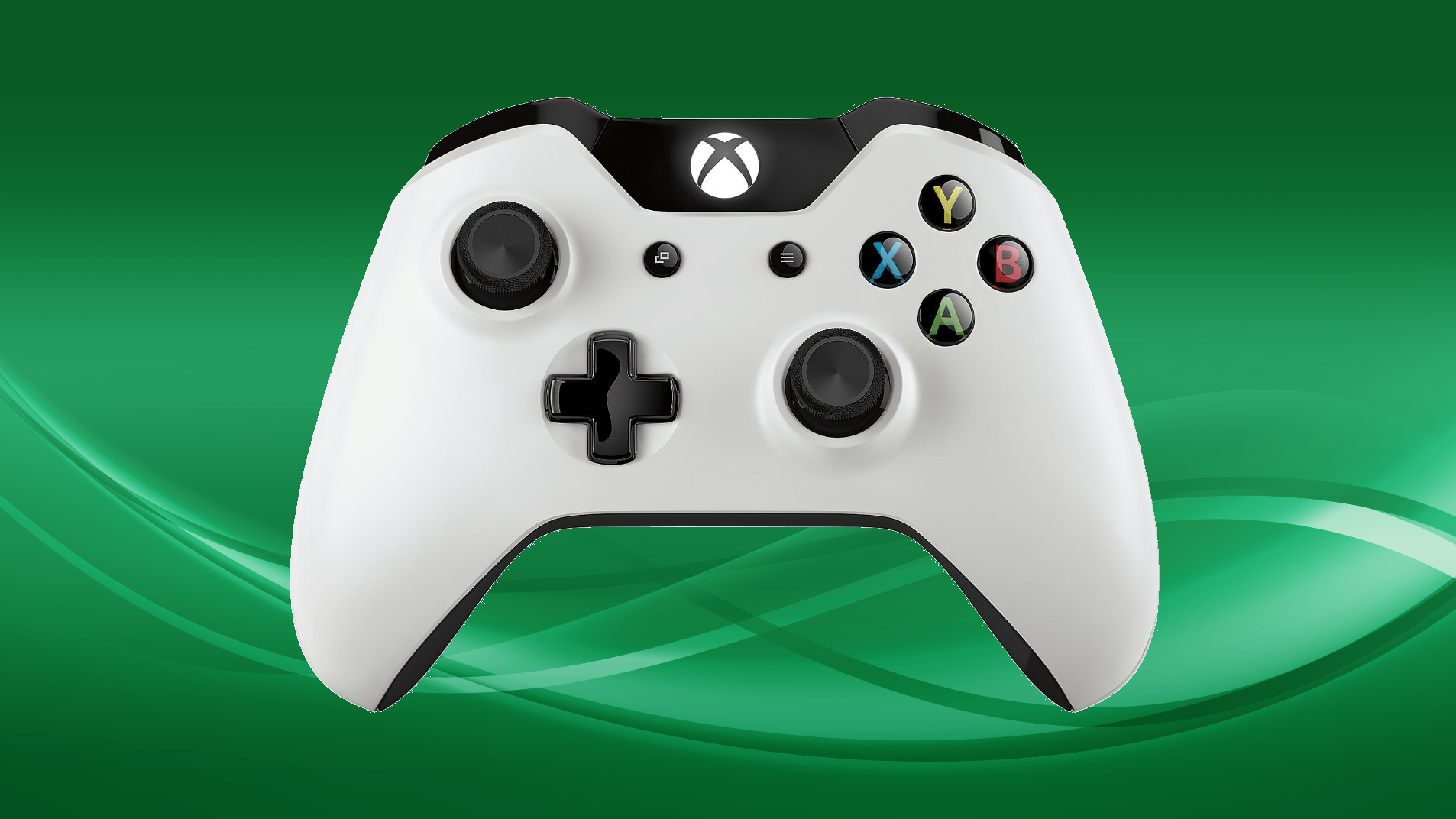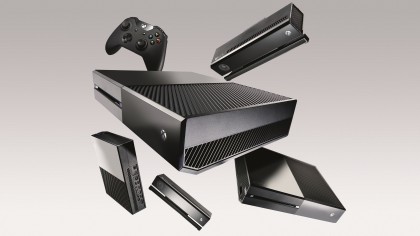Xbox One: 12 months on, has the third Xbox recovered from its shaky start?
The Xbox One is now 12 months old

Sign up for breaking news, reviews, opinion, top tech deals, and more.
You are now subscribed
Your newsletter sign-up was successful
Xbox One turns one year old today, and what a frustrating, fascinating year it's been for fans of Master Chief and chums.
Microsoft entered the listings on an all-time high, having comfortably overturned Sony's market dominance with the Xbox 360.
PS3 has now drawn level in terms of boxes shifted, but Xbox had the edge for much of the battle, while Sony struggled to overcome the fallout from a tardy debut and mountainous production costs.
Nintendo's Wii may have beaten both consoles to the hundred million mark, but if you were a serious enthusiast, Microsoft's was the machine to own – cheap, relatively easy to develop for and joined at the hip to Xbox Live, the only online multiplayer and distribution platform worth speaking of.
You couldn't have asked for a better platform to start to a new generation. And yet, here we are 12 months later with Xbox One trailing Sony's triumphant PS4 by millions of sales. How did that rallying cry to "jump ahead" become such a massive step back?
Stumbling out the gate
"Here we are 12 months later and the Xbox One trails Sony's PS4 console by millions of sales"
We looked on, aghast, as a firm often portrayed as the original "Evil Empire" cheerily unveiled a console that imposed limits on your ability to sell back games to retailers.
Sign up for breaking news, reviews, opinion, top tech deals, and more.
We watched in baffled horror as, at the height of the Edward Snowden leaks, Microsoft began singing the virtues of mandatory internet check-ins and the Kinect camera's ability to match faces to names and online records – a combination seemingly dreamt up by a National Security Agency spook in a fit of silliness.
- Read our updated Xbox One review
And we marvelled as Microsoft somehow managed to engineer the worst possible at-a-glance hardware proposition in recent history – a console that employs less powerful RAM than its biggest competitor, cue sub-1080p resolutions for the Xbox One versions of major multiplatform games in a console that somehow cost significantly more.

The "power of the cloud" was invoked early on as a solution to the RAM shortfall, but some admittedly very creative uses of remote processing have so far failed to justify that particular buzz.
It was a dismal debut that Microsoft has yet to fully recover from, though not for want of trying. The surgery was savage and laudably swift: within months of Xbox One's announcement, the manufacturer had axed the online requirement and reduced Kinect to an optional extra.
Nowadays, the latter isn't even bundled with every edition of the console.
Sadly, the immediate consequence of this was a console that went to launch without some of its most touted features, such as the ability to share digital libraries with family members.
Xbox One's trumpeted TV applications also proved a struggle – key elements, such as the OneGuide channel menu, didn't show up in territories outside the US till well after launch.
Territories like Japan, meanwhile, were obliged to do without the Xbox One full stop till just recently, as Microsoft battled to localise Kinect's voice control features and sign up appropriate media providers in time.

The comeback king
"Providing games are kept firmly to the fore, Microsoft's console may yet come out on top"
It's a shame, because the ingredients for a success story were there – and lately, they've begun to tell.
First of all, the Xbox One's ultra-flexible operating system design has paid dividends in the form of substantial monthly refreshes, adding fan-requested features such as custom dashboard backgrounds, while restoring those that were bizarrely omitted at launch, such as a front-end Friends section.
These monthly updates have also allowed Microsoft to show its human face after some disastrously out-of-touch statements last year.
Top execs like director of product management Albert Penello and new Xbox head Phil Spencer now chat to fans regularly on Twitter about the console's current capabilities and forthcoming reveals.

Spencer in particular has been a god-send for Microsoft's image – affable, knowledgeable about new and old games, and able to discuss Xbox One's failings without sounding prickly.
The further we get from Xbox One's launch, moreover, the harder it is to ignore the sheer scale of Microsoft's investment in exclusive or timed exclusive games.
Whether it be a genre-bending third-party offering, such as Titanfall, a preposterous value for money package, such as this month's Halo: The Master Chief Collection, or a quirky indie like Capybara's upcoming Below.
You can argue the toss about which console will ultimately have the most attractive exclusives - Sony perhaps commands more raw talent, and has the deeper pool of IPs to dip into - but at the time of writing and for the immediate future, Xbox One has a more robust and diverse games slate than any other new generation console.
It's a shame this level of quality doesn't extend to the free Games with Gold service – a somewhat half-hearted response to Sony's PlayStation Plus giveaway service, which has proven instrumental in establishing the latter's network as a creditable alternative to Xbox Live.
Microsoft's game portfolio isn't quite a critical advantage just yet. Sony, after all, can simply claim that it offers the "definitive" 60 frames a second and 1080p version of every major multiplatform release, with the promise of a new Uncharted down the road serving as a pill-sweetener.
But it could be the start of a full reversal of fortunes for Xbox One, especially now that the manufacturer has whittled away the price gap. Providing games are kept firmly to the fore, Microsoft's third console may yet come out on top.